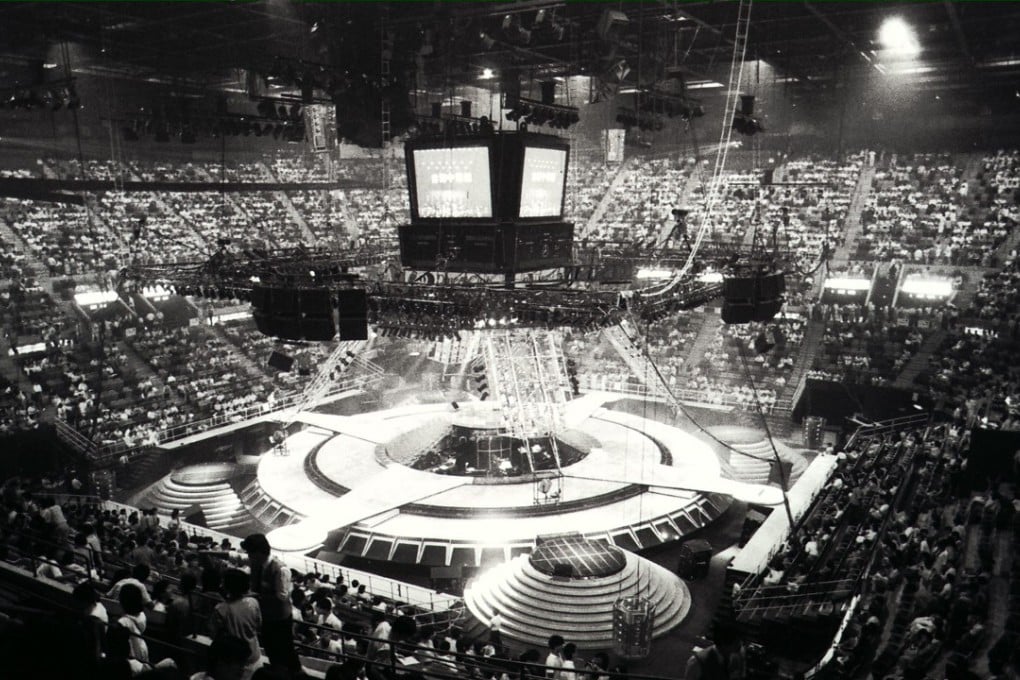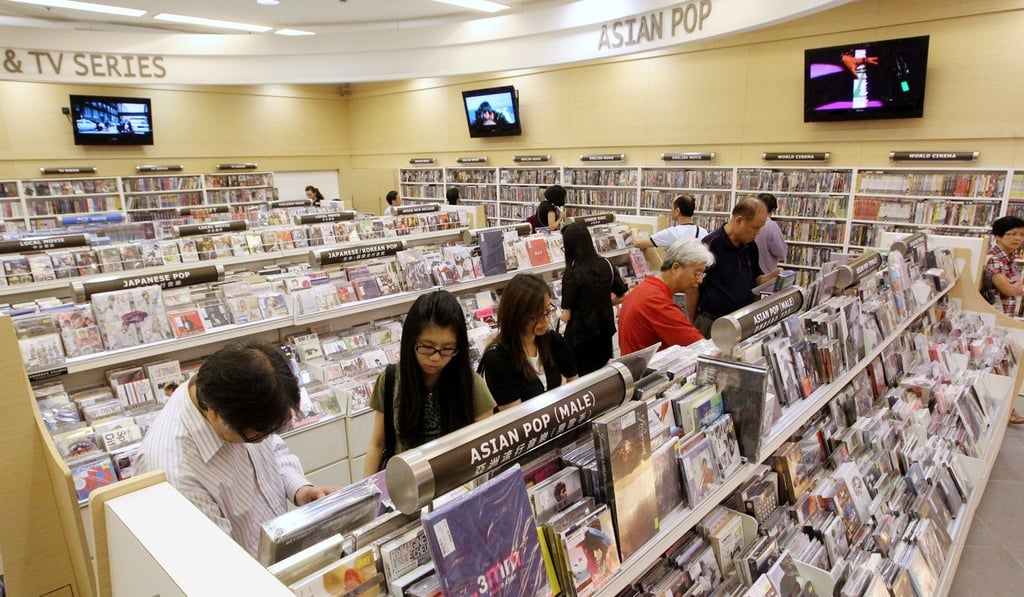With no kings or queens, can Canto-pop find its star again?
Over the last 20 years, annual record sales have plummeted to HK$200 million from HK$1.6 billion, according to industry estimates

The city’s iconic Canto-pop scene was a multibillion dollar business, propelling Eason Chan Yik-shun and Leslie Cheung Kwok-wing to the level of stardom that gave the Made-in-Hong Kong brand immeasurable power.
But over the last two decades, annual record sales have plummeted to roughly HK$200 million from a height of HK$1.6 billion in 1998, with market share shrinking to 15 per cent of total music sales, from 50 per cent, according to industry estimates.
“Since the rise of the internet, the industry has been shrinking and many people in the field have lost their jobs,”said Herman Ho, chief executive of Voice Entertainment, a music company that oversees best-selling artists such as Linda Chung Ka-yan and Stephanie Ho Ngan-si.
Since the rise of the internet, the industry has been shrinking and many people in the field have lost their jobs
“Websites like YouTube, Youku and Baidu killed many market players because of a lack of copyright protection.”
Ho, an industry veteran of over three decades, is the man behind the fame and fortunes of some of the biggest Canto-pop stars, including Sandy Lam Yik-lin and Joey Yung Cho-yee.
The Diocesan-educated music manager, who headed nearly every major record company in Hong Kong from EMI to Emperor during his career, has been through the highs and lows of Canto-pop.
